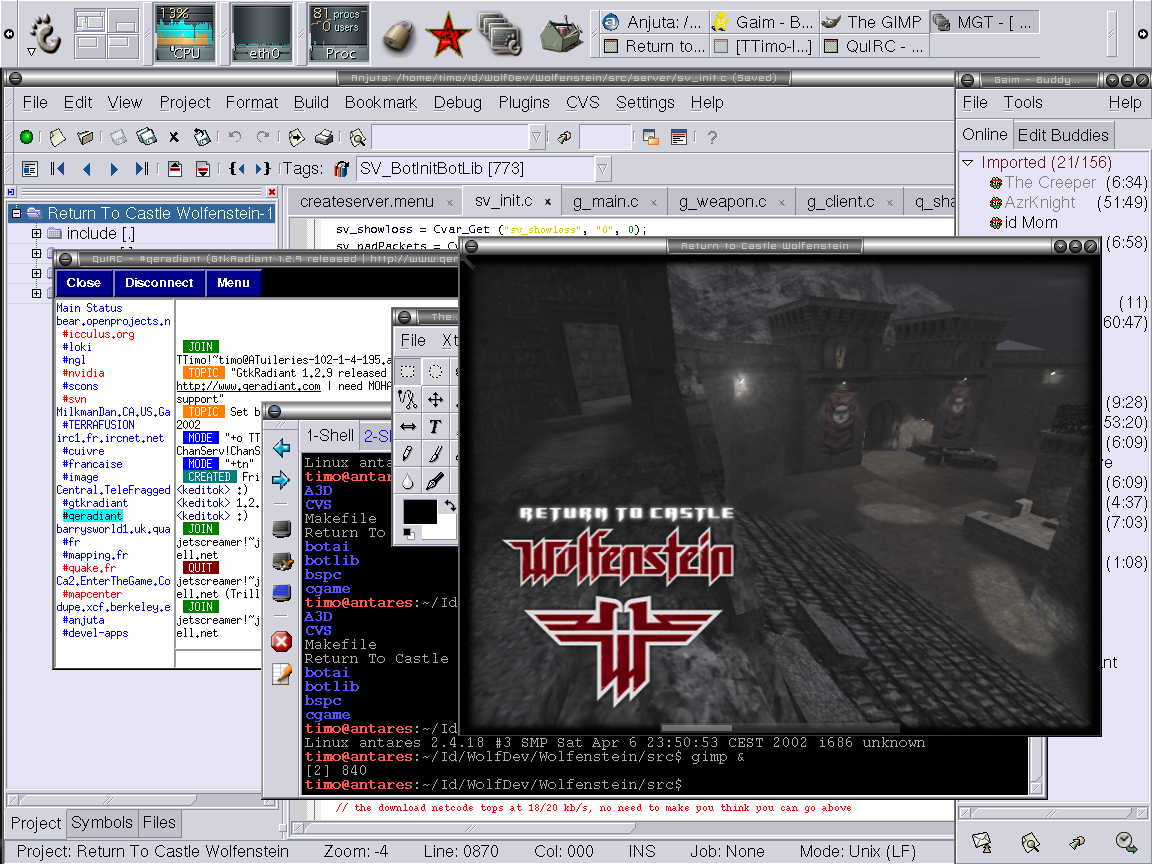Boring Python: dependency management
This is the first in hopefully a series of posts I intend to write about how to build/manage/deploy/etc. Python applications in as boring a way as possible. So before I go any further, I want to be absolutely clear on what I mean by “boring”: I don’t mean “reliable” or “bug-free” or “no incidents”. While there is some overlap, and some of the things I’ll be recommending can help to reduce bugs, I also want to be clear: there will be bugs. There will be incidents where a feature or maybe an entire service is down. “Boring”, to me, is about the sources of those incidents. It’s difficult enough to manage your own code and the bugs and other problems that will inevitably pop up in it from time to time; you don’t want to compound that by having bugs or other surprises coming from the tools and processes you use to build, manage, and deploy it. So when I call something “boring”, I mean it’s unlikely to add another source of bugs and nasty surprises that cause a pager to go off at 2AM ; the pager will, of course, eventually go off at 2AM , but when it does you’ll be able to feel reasonably confident (if that’s the right word for such a situation) that the source of it was something in your own code that you can diagnose and fix.
And so I’m planning several posts exploring different aspects of making Python development boring (in this sense). But for this first installment, I’ll be talking about one of the internet’s favorite topics: managing dependencies.



















